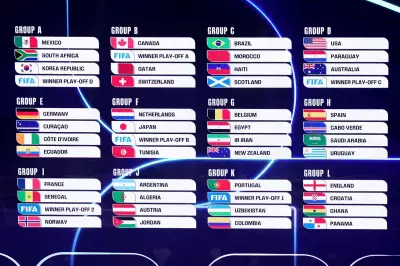
The glittering global spectacle of today's WNBA, with its sold-out arenas and multimillion-dollar viewership, didn't materialise overnight. Its foundations were painstakingly laid by a generation of pioneers whose names deserve to be shouted from the rafters.
Long before Caitlin Clark's deep threes or A'ja Wilson's defensive dominance, there was Nancy 'Lady Magic' Lieberman. In 1997, at 39 years old, she came out of retirement to play for the Phoenix Mercury, not for glory, but to set a standard. Her mission was to show the nascent league what true professionalism looked like—from relentless conditioning to media engagement—setting a template for all who followed.
The Aussie Invasion: Changing the Game's DNA
Across the globe, a different kind of revolution was brewing. Michele Timms, a fearless point guard from Australia, became the first international player to sign in the WNBA, joining the Mercury in 1997. She didn't just bring her slick passing; she brought an entire nation's attention, cracking open the door for a flood of antipodean talent.
That door was blown off its hinges by Lauren Jackson. The Australian phenom arrived in Seattle in 2001 and quickly became the league's first truly global superstar. Her fierce rivalry with Lisa Leslie wasn't just a marketing dream; it was a basketball masterclass that elevated the entire league's competitive fire and technical skill, proving international players could be the main event.
The Modern Legacy: Standing on the Shoulders of Giants
The impact of these trailblazers is quantified in today's league metrics—record broadcast deals, soaring attendance, and unprecedented social media engagement. But it's etched more deeply into the league's culture.
Modern icons like A'ja Wilson and Breanna Stewart play with a confidence and commercial clout that was hard-won by those before them. The fresh-faced excitement around rookies like Caitlin Clark and Cameron Brink exists because the league is now a viable, celebrated, and sustainable career path—a reality that was merely a dream for the pioneers of the '90s.
Their story is one of quiet sacrifice and loud triumphs. They played for peanuts, travelled in discomfort, and fought for every ounce of respect, not for personal gain, but to ensure future generations could soar. The WNBA's current success is their ultimate victory lap.





